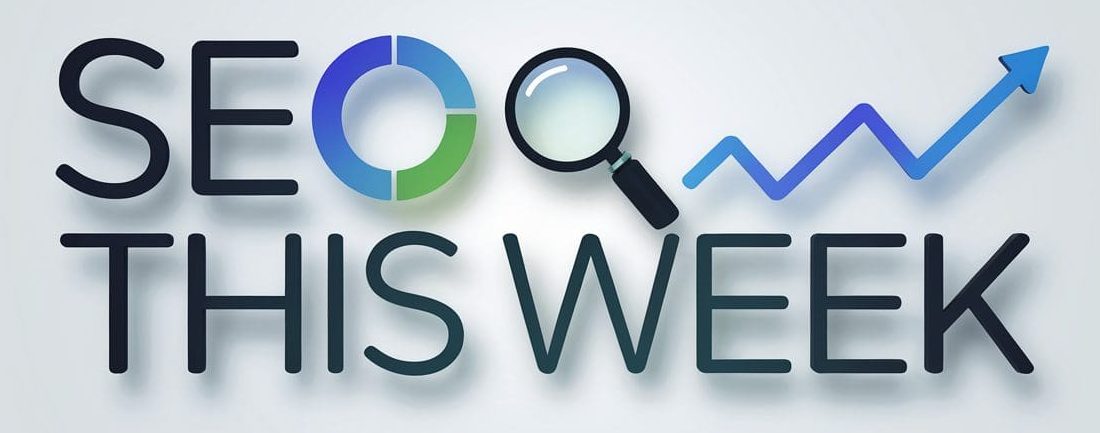Managing your backlink profile is a crucial part of maintaining strong SEO health for your website. In this guide, we dive into how to efficiently build and maintain a disavow file using SEO SpyGlass, a powerful tool from the SEO PowerSuite collection. Drawing on practical insights and real-time examples, this article will help you stay on top of harmful backlinks and protect your site’s rankings.
Why Backlink Analysis Matters and the Challenge of Incomplete Data
Backlink analysis tools abound—Majestic, Ahrefs, Semrush, Cognitive SEO, Moz, and more. Each uses its own crawler, data sources, and rules for link discovery, which means no single tool gives you a complete picture of your backlink profile. Typically, using just one tool means you might be seeing only about 50% of your actual backlinks.
Adding Google Search Console into the mix reveals an additional set of backlinks that many other tools miss. However, the backlinks reported by Search Console often include the worst offenders—spammy links, suspicious networks, and potentially harmful sites—which can quietly drag your site down if left unchecked.
Understanding the Role of the Disavow File
The disavow file is often misunderstood. It’s not a magic bullet that instantly fixes SEO problems. If you’re managing your site correctly, disavowing backlinks will mostly do nothing immediately. But ignoring toxic backlinks can lead to issues down the road, especially with future algorithm updates.
“When I do disavow files nowadays, I recommend staying proactive—so when an algorithm change happens and something starts hurting you, you’re already one step ahead.”
Think of the disavow file as a trust signal to Google. It shows you are actively cleaning up your backlink profile, which may increase Google’s trust in your site. But it needs to be thoughtful, not a blanket disavow of all backlinks, which can cause problems.
Getting Started with SEO SpyGlass
To begin, connect SEO SpyGlass to your project by linking your Google Search Console and Google Analytics accounts. The tool also has its own crawler and database, similar to Ahrefs or Majestic, but the key benefit is its ability to pull daily backlink data directly from Search Console and Analytics.
Why daily? Because the manual Search Console export is limited to 1,000 backlinks and is not updated frequently. SEO SpyGlass continuously collects these backlinks for you, creating a comprehensive and up-to-date database.
Once connected, you can view your new backlinks by date, complete with metrics like domain rank and URL rank pulled from Moz. While integration with other tools like Ahrefs API is limited due to restrictive policies, Moz data is a great alternative that SEO SpyGlass supports.
Identifying and Disavowing Toxic Backlinks
One of the most valuable features is the ability to filter backlinks using specific criteria. For example, filtering backlinks that contain .lol reveals a network of spammy, malware-associated sites. In one real example, over 500 backlinks were identified from such a toxic network.
These links can seriously hurt your SEO, so disavowing entire domains like these is necessary. The process in SEO SpyGlass is straightforward: select the spammy backlinks and add their domains to your disavow list.
Another example involves .kr domains, which often include scraped content and low-quality bulletin boards. These backlinks were not detected by other popular tools like Majestic or Ahrefs, yet they appeared prominently in Search Console data, underscoring the importance of using multiple sources.
During the review, it’s important to carefully vet domains before disavowing them, especially if they relate to reputable sites like Google. Look for signs such as outdated SSL certificates or suspicious content to decide if the backlink should be disavowed.
Why Google Search Console Reports These Bad Backlinks
Many believe Google filters out bad backlinks automatically, but the reality is more complex. Google Search Console still reports many harmful backlinks, which means they are not fully filtered or ignored in ranking calculations.
It raises the question: if Google truly filtered these links out, why would they be visible in a free tool like Search Console? The answer seems to be that Google does not filter all toxic backlinks, so manual disavowal remains essential for protecting your site.
Maintaining Your Disavow File Over Time
Building your disavow file is not a one-time task. The first pass will take significant time as you audit your entire backlink profile, but after that, it becomes a quick, regular habit. Using SEO SpyGlass, you can pull new backlinks daily and add any suspicious ones to your disavow file.
Monthly, upload your updated disavow file to Google Search Console to keep your backlink profile clean. To speed up the process of Google recognizing your disavow file, consider tools like Colinkri, which recrawl your bad backlinks and encourage faster processing by Google.
Conclusion: Keep Your Backlink Profile Clean and Rankings Safe
SEO SpyGlass is a powerful, all-in-one tool that simplifies backlink analysis and disavow file management. By connecting it to Google Search Console and Analytics, you get daily updates on new backlinks, allowing you to stay proactive in identifying and disavowing harmful links.
Remember, disavowing backlinks is about staying ahead of potential algorithm changes and showing Google you actively manage your link profile. While it won’t instantly boost your rankings, it’s an important piece in the SEO puzzle that can save your site from future penalties.
Get started by downloading SEO SpyGlass and linking your accounts today. Spend the time to thoroughly review your backlinks, then maintain your disavow file with regular check-ins. Your website’s trust and rankings will thank you.
For more detailed walkthroughs and SEO tips, keep exploring and optimizing your backlink strategy.

